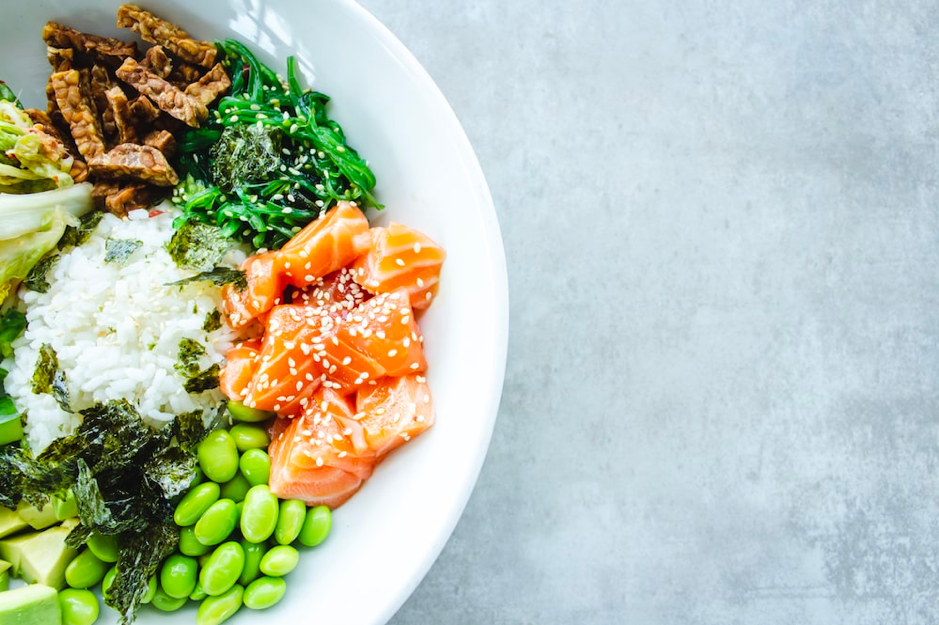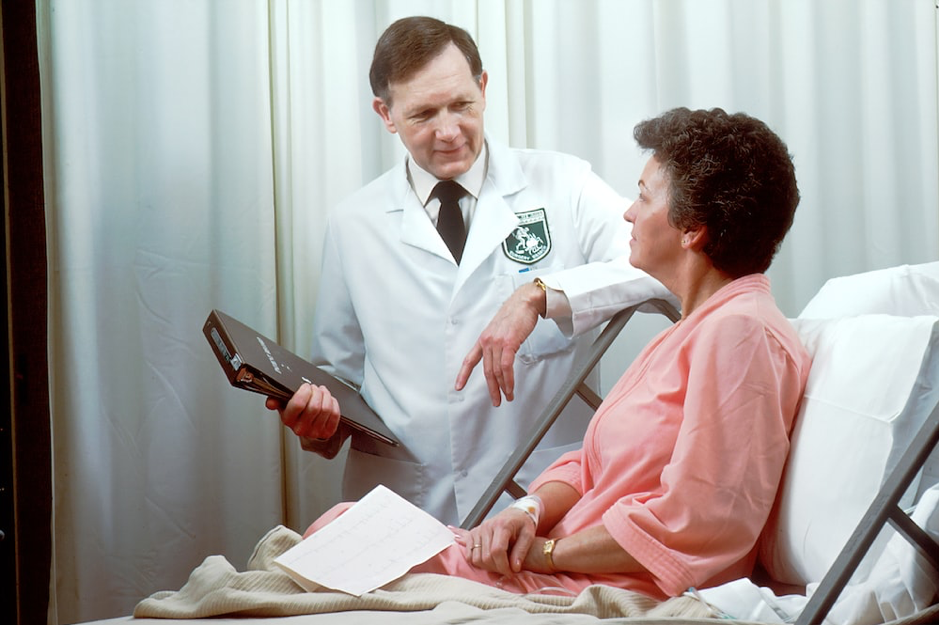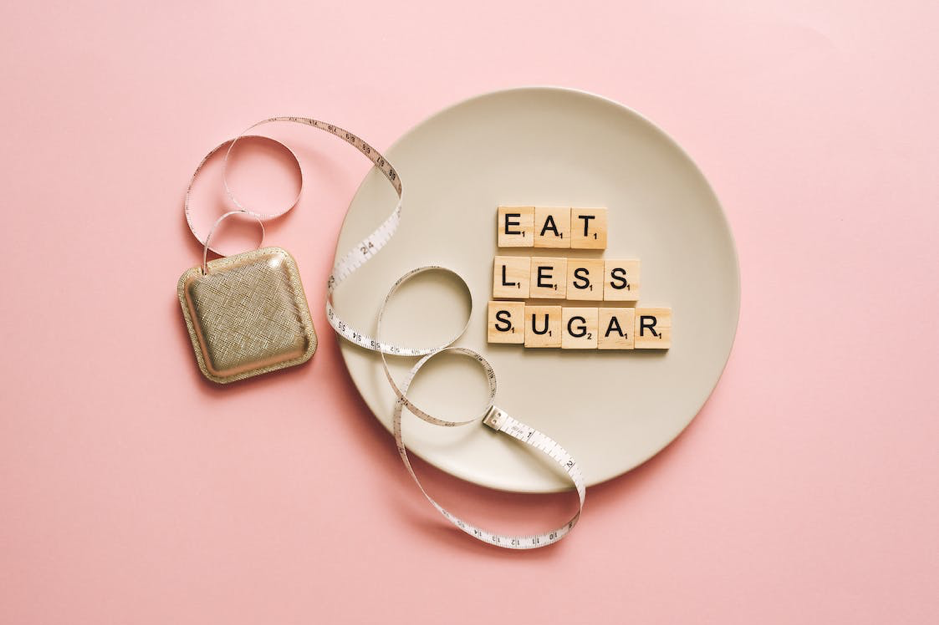People recovering from alcohol and drug abuse find it extremely difficult to cope with the mounting health issues that take a toll on their mental and physical well-being. The damage endured by the body due to substance influence needs to be treated proactively. Apart from medicines, therapy sessions, and other deaddiction-related treatments, a good diet also plays a major role in addiction recovery. So, in this article, we will explore the importance of a good diet in deaddiction and how to keep it balanced.
The Influence of Diet
A good diet has a key role to play in the addiction recovery process. However, it is quite sad to note that often, this aspect of recovery is being ignored. It just makes a quick visit in the recovery strategy without being given its due importance. A well-designed meal plan targeted towards the specific issues of a patient can help them deal with the rehabilitation process and the other comorbidities that affect the body.
With deaddiction centers like WhiteSands, a top Florida recovery center, that provide luxury rehab options with all-around residential treatment facilities, diet recommendations are the least that you have to worry about. But, for outpatient treatment plans, constant checking and updates are required to ensure that patients stick to the food that they are advised to follow.
How does diet make the recovery process effective?
In general, the use of substances and alcoholism can be the root cause of common health issues like diabetes, hypertension, obesity, and mental disorders. When such occasional or limited usage becomes an addiction, the problems become manifold. We all know that nutrition-rich food can combat diseases in their own way. That is why physicians, as a first step to any treatment, recommend a customized diet chart for the patient that could help them normalize the body to a greater extent. This applies to drug addiction recovery as well.
- Prolonged consumption of drugs and alcohol tends to reduce the required levels of vitamins, minerals, amino acids, and fats in the body, affecting the immune and nervous system.
- Food can help patients control their addiction, prevent cravings for substances, and reduce the chances of relapse.
- Good food can improve mood swings and aids in supporting the mental health of the patients.
- A wise diet plan can tackle diabetes, blood pressure, and any internal organ damage. For instance, a good diet can help improve the heart’s function and prevent the chances of stroke.
- In the rehab journey, patients find it difficult to adapt to strict diet plans. The impact of drugs and the medicine combating it together can reduce their appetite. Nevertheless, a focused diet is necessary while patients slowly regain their appetite.
Also, addiction recovery calls for involving the patients in physical activities like yoga and exercise. WhiteSands Alcohol & Drug Rehab believes that a well-planned exercise routine is instrumental in the deaddiction journey. However, this cannot be achieved without the support of a rich diet. Exercise along with diet can keep the body fit and conducive for the recovery process.
How does a perfect diet plan look?
Now that we have seen enough of the need for a good diet let us take a look at what forms a part of a good diet and the essentials that have to be covered
Water and Other Liquids
One of the common problems among patients is dehydration. Consuming adequate levels of water, as recommended by the doctor, must help combat this. However, liquids in other forms, like fruit juices, can also be taken at intervals.
Whole Foods
Instead of consuming foods in their processed forms, it is better to take them in the unaltered format—for example, fruits instead of fruits, whole vegetables, grains, and dairy products.
Take Meat If You Can
If feasible, try to add meat and poultry to your diet. These are powerhouses of proteins, and they help to quicken your recovery process.
Amino Acids
Consume foods that are rich in amino acids as they help in reducing the cravings for alcohol and substances. It has the potential to act like a natural dopamine for the brain and reduce the risk of stress associated with addiction. Make sure the food contains other supplements like Folic acid and omega 3.
Quitting On Sugar and Junk
It is important to quit sugar, caffeine, processed foods, and junk. Such food items do more harm than good, interfering in the detox process.
Conclusion
A well-planned nutritious meal is an integral part of the addiction recovery process. So, if you are acquainted with someone going through a tough rehab, recommend them to practice a proper diet plan and see if their rehab helps them follow the same. This way, we can help them get back to the fit, healthy, and happy life they deserve.


